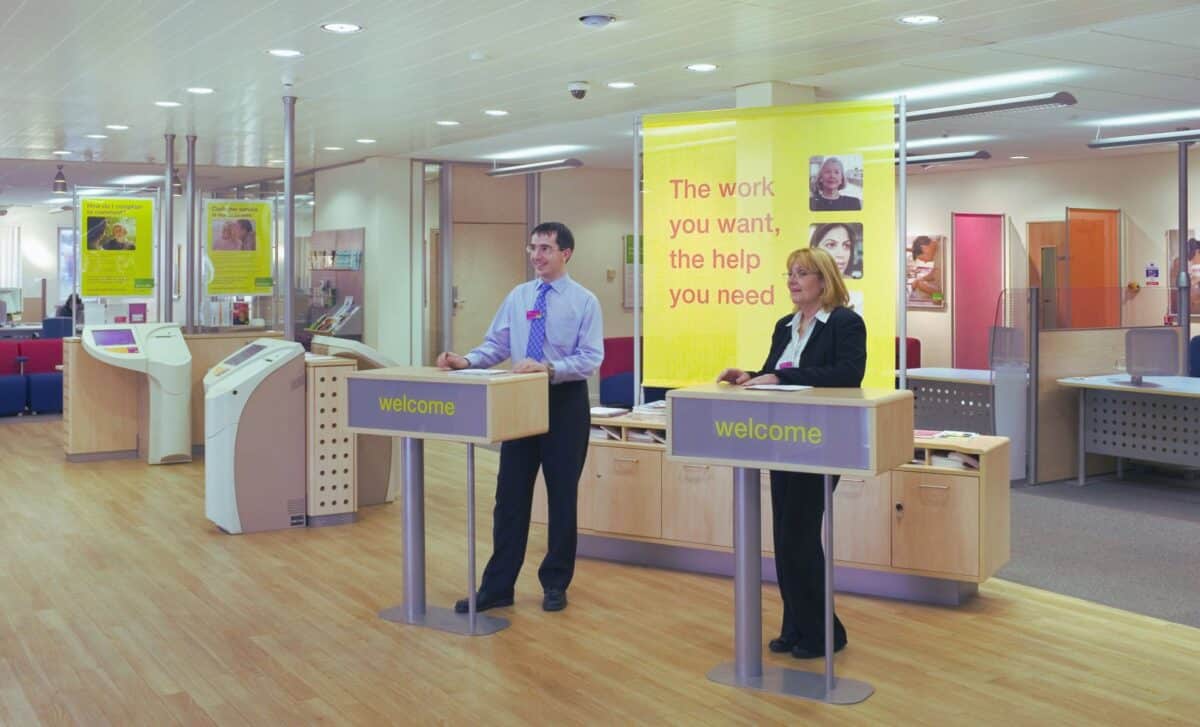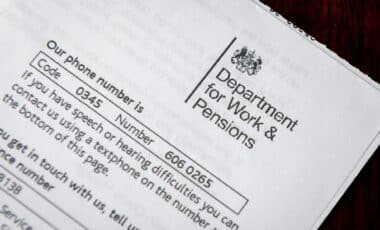The Department for Work and Pensions (DWP) has announced a major restructuring of Jobcentre services, redeploying 1,000 work coaches to focus on long-term unemployment and economic inactivity.
According to the DWP, the initiative aims to provide personalised support for thousands of sick and disabled people who are currently on health-related benefits.
The move is part of a broader effort to reform the UK’s welfare system, which Work and Pensions Secretary Liz Kendall described as “broken” and failing those in need.
The government has framed this shake-up as a step towards getting more people into work while addressing concerns about rising welfare costs.
Targeted Employment Support for Those on Health-Related Benefits
Under the new initiative, work coaches who are already employed by Jobcentres will be redeployed to provide intensive, tailored employment support. According to the DWP, these staff members will focus on helping individuals develop CVs, prepare for interviews, and access other job-seeking resources.
The programme is specifically designed for people receiving health-related benefits, a group often overlooked in employment support initiatives. The government believes that, with the right assistance, many people who are currently out of work due to health conditions could find suitable employment.
“For too long, sick and disabled people have been told they can’t work, denied support, and locked out of jobs,” Kendall stated. She added that the changes are intended to remove barriers to employment, allowing individuals to benefit from the “security and purpose” that work can provide.
Addressing Welfare Spending and Economic Inactivity
The restructuring comes as the government seeks to tackle the rising cost of welfare, with spending projected to exceed the £137.4 billion cap set by the previous administration for 2024-25 by £8.6 billion, according to official estimates.
Kendall has blamed previous Conservative policies for failing to control welfare costs, arguing that the current system has led to poor experiences and low trust among claimants.
The government’s strategy hinges on moving more people from benefits into employment rather than cutting financial support directly. Kendall emphasised that the objective is to create a more sustainable benefits system while ensuring individuals receive the necessary help to enter the workforce.
The DWP has described the redeployment of work coaches as a “downpayment” on its broader reforms, with further changes expected in the upcoming Green Paper on sickness and disability benefits scheduled for release this spring.
This latest shake-up signals a shift in the government’s approach to welfare, focusing on employment-based solutions rather than direct financial reductions.
Whether this will succeed in reducing long-term unemployment remains to be seen, but it marks a significant policy shift aimed at integrating more disabled and sick individuals into the workforce.









